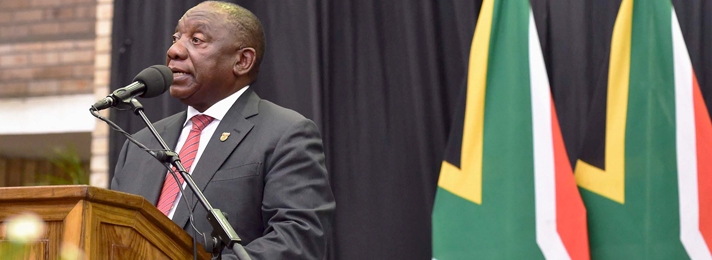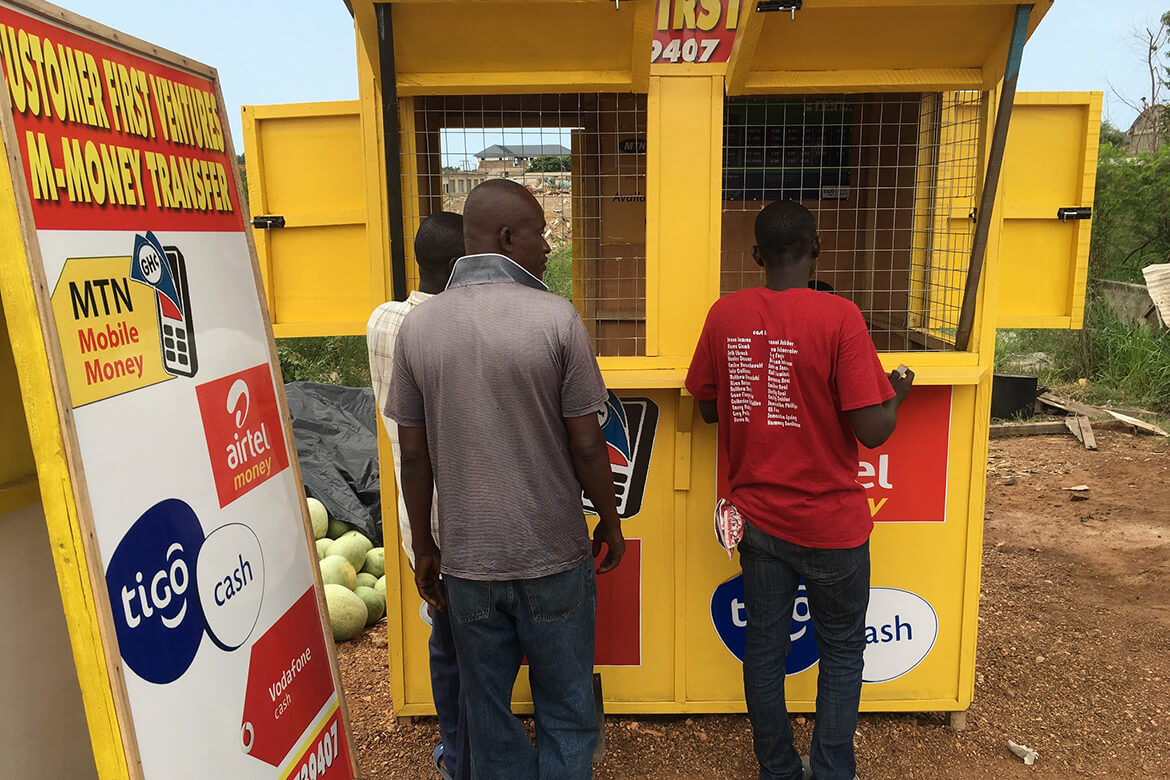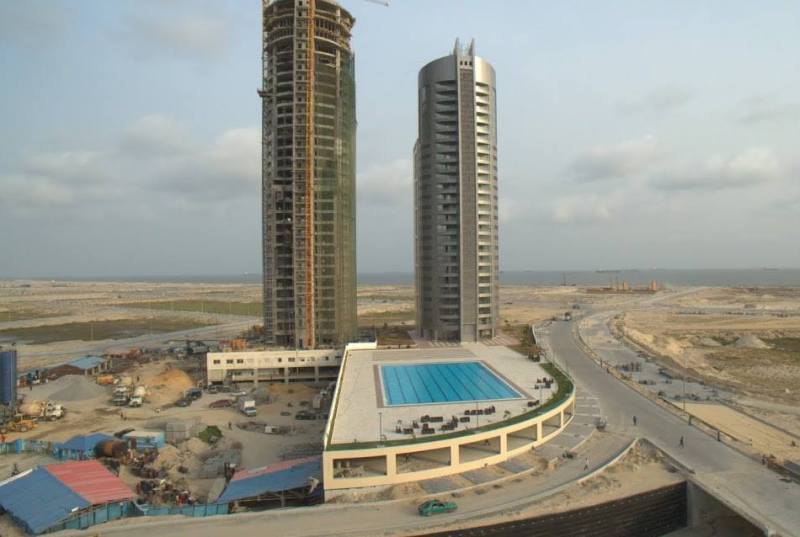Fresh details have emerged indicating that the key sectors of the South African economy that had issues leading to the second recession in two years include Agriculture, Transport, Construction, Power and Retail services.
Figures from Statistics South Africa (Stats SA) confirmed that contractions on a quarterly basis saw agriculture drop to 7.6%, transport 7.2% and construction by 5.9% respectively, while electricity declined by 4% and retail 3.8%.
Business Hilights further gathered that the seasonally adjusted Absa PMI (purchasing managers’ index), a closely-watched gauge of economic sentiment, dropped to 44.3 in February, the lowest reading since the economic recession in 2009.
In his last week’s National Budget, the Finance Minister, Tito Mboweni announced that the government wanted to cut the public sector wage bill by 160.2 billion South African rand ($10.5 billion) over the next three years.
Also, Stats SA showed that South Africa slid into its second recession in two years in the final quarter of 2019, as the economy shrank 1.4% following a revised 0.8% contraction in the third quarter.
Whereas this far surpassed the 0.1% quarter-on-quarter contraction anticipated by economists in a Reuters poll, GDP (gross domestic product) shrank 0.5% year-on-year in the fourth quarter following a 0.1% third-quarter expansion.
Besides, the South African economy posted an anemic 0.2% expansion across the calendar year, down from 0.8% in 2018. The Treasury has also cut its growth forecast to 0.9% for 2020.
Before now, South Africans continue to endure frequent blackouts, further hampering economic growth, and the country has been in energy deficit since 2005 owing to debt-laden state utility Eskom’s failure to meet demand. Eskom has become reliant on state bailouts for survival.
Reviewing the scenario, an NKC African Economics Senior Political Analyst Gary van Staden said on Monday that “Other reforms and strategic plans talked up by the government have either not materialized at all or have been watered down, including bold talk of privatization and other measures to kick-start a non-state economy.”
He added that sluggish performance in business activity and new sales orders offered further evidence that businesses are feeling the strain, while the headline data shows that purchasing managers do not yet see a light at the end of South Africa’s economic tunnel.
Recall that President Cyril Ramaphosa had earlier wrote in a newsletter on Monday that he was “heartened by the willingness of all parties to engage in serious negotiations aimed at finding a solution” to the issue of cutting the public sector wage bill.
This was at odds with the trade union federation Cosatu’s statement on Friday, which called the wage plan “worse than apartheid” and “a declaration of war.”
President Ramaphosa had ascended to power in 2018 promising sweeping reforms, but the pace of implementation has been laboured, not least due to internal disputes within his ruling ANC.









